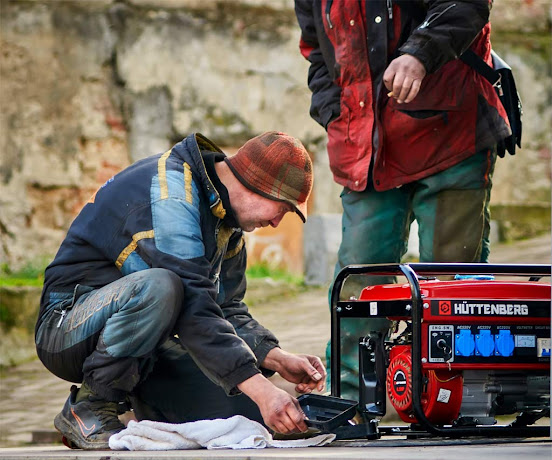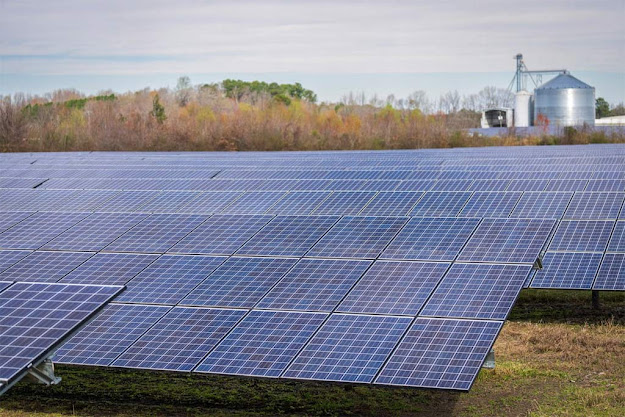What are Tri-Fuel Power Generators?
In the world of backup power solutions, tri-fuel power generators stand out for their versatility and convenience. These innovative machines have the capability to operate on three different types of fuel: gasoline, propane, and natural gas.
This flexibility allows users to choose the most available or cost-effective fuel source at any given time, providing a significant advantage during extended power outages or in areas where fuel availability can fluctuate.
How Do Tri-Fuel Generators Work?
Tri-fuel generators are equipped with a fuel selector switch or a mechanism that allows the user to switch between gasoline, propane, and natural gas without needing to make mechanical alterations to the generator itself.
This is achieved through the use of specially designed carburetors or fuel injection systems that can adjust to the different properties of each fuel type. When switching fuels, the generator may require a simple adjustment, such as changing the position of a fuel valve or connecting a different fuel line.
Advantages of Tri-Fuel Generators
- Fuel Flexibility: The most significant advantage of tri-fuel generators is their ability to use three different fuels, offering unparalleled flexibility during emergencies or fuel shortages.
- Cost-Effectiveness: Users can select the most economical fuel based on current market prices, potentially saving on operating costs over time.
- Availability: During natural disasters or emergencies, certain fuels may become scarce. Tri-fuel generators allow users to switch to whichever fuel is more readily available.
- Environmental Considerations: Natural gas and propane are cleaner-burning fuels compared to gasoline, offering an environmentally friendlier option for power generation.
- Extended Run Times: By having the option to use larger external propane or natural gas supplies, tri-fuel generators can run for extended periods without refueling, making them ideal for prolonged power outages.
Disadvantages of Tri-Fuel Generators
Despite their advantages, tri-fuel generators also come with some considerations:
- Complexity and Cost: They can be more complex and expensive than single or dual-fuel models, both in initial purchase price and potential maintenance.
- Performance Variations: Power output and efficiency can vary between fuel types, with natural gas typically providing less power compared to gasoline.
- Installation Requirements: For natural gas use, a tri-fuel generator must be properly connected to a gas line, which may require professional installation and additional expenses.
Choosing the Right Tri-Fuel Generator
When selecting a tri-fuel generator, consider the following factors:
- Power Requirements: Assess the wattage needed to power essential appliances and devices during an outage.
- Fuel Availability: Consider the availability and cost of gasoline, propane, and natural gas in your area.
- Size and Portability: Determine whether you need a portable generator for occasional use or a stationary model for permanent backup power.
- Regulatory Compliance: Ensure the generator meets local emissions and safety regulations, especially for indoor or residential areas.
Final Thoughts
Tri-fuel power generators offer a versatile and reliable solution for backup power, allowing users to navigate fuel availability and cost with ease.
Whether for residential, commercial, or recreational use, the ability to switch between gasoline, propane, and natural gas makes these generators a valuable asset in ensuring continuous power supply.
By carefully considering your specific needs and the factors involved in selecting a tri-fuel generator, you can ensure that you choose a model that provides the flexibility, efficiency, and reliability required to meet your power needs.



